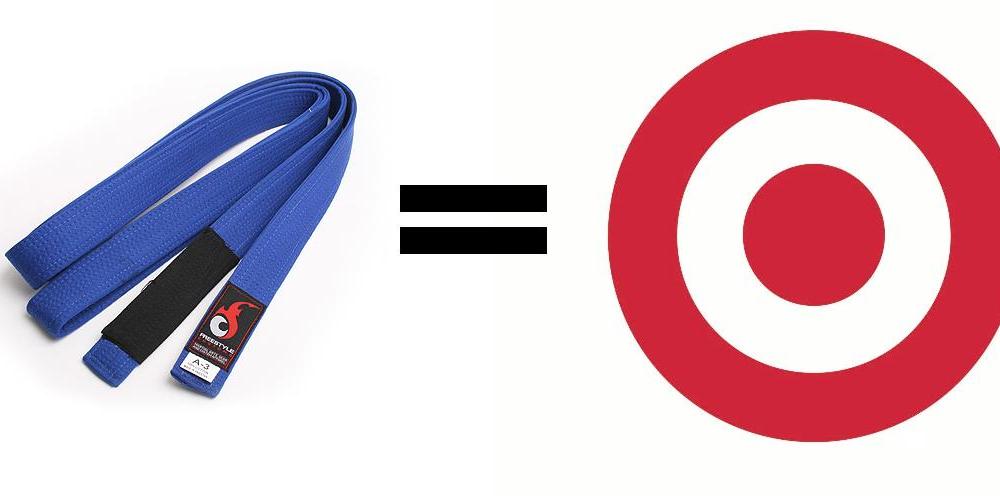Lessons I’ve Learned Studying Brazilian Jiu Jitsu. Lesson 15: Finding a Balance Between “I’m Registering For Worlds!” Days and “That’s It, I’m Burning My Spats” Days.
We’ve all had those days on the mats that make us truly question both our progress up to that point, as well as possibly our intellectual capacity. Similarly, most of us have also had those magical days when we tap a swath through a deep room. So how do you balance all this out? Obviously on good days I can’t get all delusional and submit my registration for Worlds Black Belt Adult, but I also can’t dwell on that night a room full of lower belts all passed my guard and held me in side for a round (I’m not still bitter about that…Really.). Somewhere in there, my actual skill level exist. The key to psychologically mastering the mats is to accept that those days are atypical- they’re just good and bad days- and to remind myself that my mat career is going to be a series of incremental progressions and improvements rather than leaps forward or backward. Enjoy the experiences of good and bad days, but at the end of the day, leave it on the mats.
This is easier said than done…I like to cling tightly both to my successes and my failures. I know that to progress, grow and to continue enjoying bjj, I’ve got to let the good and the bad days go, but I recognize that this is a struggle and a skill. Sometimes the gears are greased, the engine is running smoothly and your teammates are dousing you in praise. Coach saw you pass a notoriously difficult guard, and saw you submit a killer. This is a moment to relish, and you’d be a fool not to revel in your own glory for a bit, but you’re going to have to leave it on the mats when you go home. Not every day will be your day. I’ve been around long enough to know how quickly after tearing up the room, I can find myself spending three rounds trying to get out of an armbar, and the rest of the night tapping to almost everyone I roll with. Sometimes you are the hammer, sometimes the nail. Keeping this in perspective can go a long way to help mitigate the deep gully in confidence you might experience when facing a bad day on the mats after a string of good days.
I don’t suffer from an over attachment to my good days, really. My hangup lies in a propensity to dwell on my bad days, the days that I’m the nail. This is probably the more common mental scenario for the average practitioner, and it often makes it tough to cultivate a realistic perspective about your Jiu Jitsu. Spending a bunch of time convincing yourself you suck is obviously a stupid waste of time, so fostering a habit of letting go of your losses alongside your wins is essential for mat mental health. Chances are you don’t suck, and if you do, it’s very likely because you’re just new-ish and you’re supposed to suck, so don’t worry about it.
The moral of our story today is that you’re neither Garry Tonon nor the Reggie Strickland of BJJ; keep your good days and your bad days in perspective, enjoy and learn from them when they happen, then forget them.










